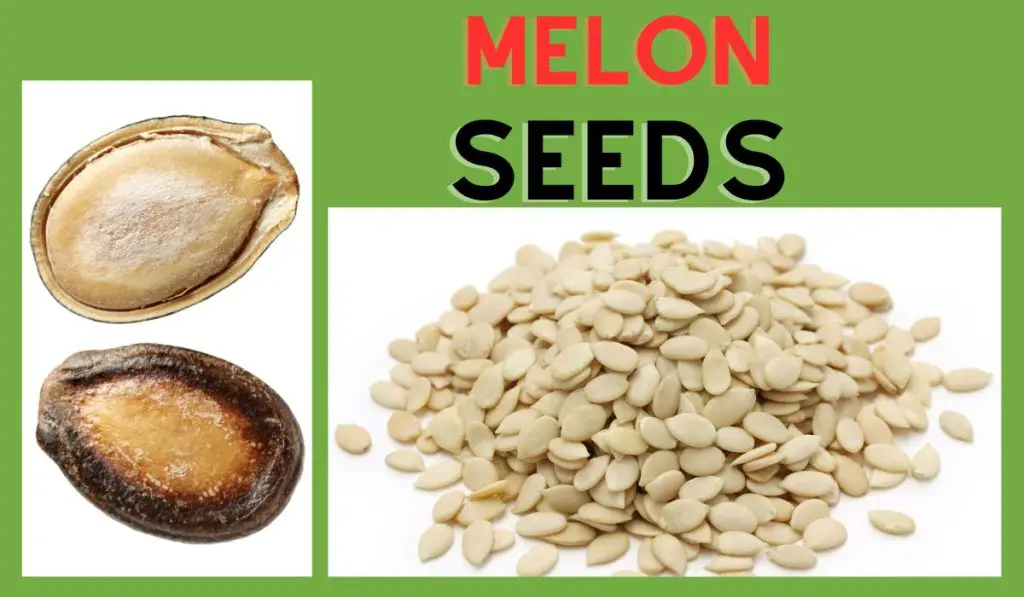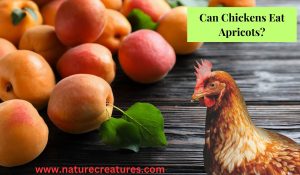Most people mistakenly believe that chickens are amazingly innocent creatures. Like humans, chickens are among the most intelligent living creatures on the planet. Omnivorous hens never let go of the insects that fall into their beaks.
Consequently, chickens enjoy eating seeds and grains. But what kind of seed do they use? How to tell which sources are good for you and which are harmful depends on the properties of the seeds. Therefore, we shall explore if chickens can consume melon seeds. What benefits do melon seeds offer?
Stay with us and continue reading the final section of this post if you’re curious about using melon seeds for chickens.
What Are Melon Seeds?
Due to the numerous types of melon, there are various types of melon seeds, each with a distinctive flavor. The majority of them have an oval-like form. While the interior of these species is highly delicate, the upper shell is rigid. Mostly nutty and sweet characterize its flavor. The melon seed includes vital minerals, proteins, vitamins, and omega-3 fatty acids.
Can Chickens Eat Melon Seeds?
Melons’ flesh is perfectly safe for chickens to eat. Therefore, they can eat their seeds without any trouble. Because it comprises essential nutrients, it offers your backyard hens various health advantages. Your chicken will consume all the melon seeds happily. Give hens soft seeds as opposed to hard seeds. As a result, you can serve these seeds and melon flesh without threat.
What Advantages Do Melon Seeds Provide for the Health of Your Chickens?

Like how melon promotes chicken health, melon seeds provide numerous advantages for your flock as well, which are detailed below:
Enhance Cardiovascular Health
Omega fatty acids, essential for preserving the cardiovascular health of your poultry buddies, are abundant in the melon seeds. Magnesium is a mineral found in melon seeds that supports the heart’s healthy operation.
Diabetic management
Melon seeds are crucial in lowering blood sugar levels. It aids in the management of diabetes in this way. According to certain studies, melon seeds contain the nutrients needed to treat diabetes.
Boosts Bone Vitality
Melons have high amounts of calcium, magnesium, and phosphorus, which are essential for strong bones. Thanks to all these nutrients, your backyard hens’ bones become strong and healthy.
To Reduce Inflammation
Some studies have found that melon seeds have antioxidants that help reduce inflammation in hens.
Preventing Free Radicals
The powerful antioxidants in melon seeds aid in the prevention of free radicals. These antioxidants fight against free radicals and protect your chicken’s body from developing several illnesses, including cancer and heart diseases.
Strengthen the Nervous System
Vitamin B, which supports the health of the nervous system, is abundant in melon seeds. Additionally, this vitamin helps to avoid several neurological system problems.
Immune System Booster
The iron content and vitamin B6 complex are essential for improving your flock’s immune system.
How Can I Give Melon Seeds to My Chickens?
Your chickens can consume melon seeds in their raw form without any issues. Soak the melon seeds in water for a few hours if they are stubborn. When that happens, the melon seeds become tender, making it easy and enjoyable for your bird to consume the entire packet.
How Often Should I Give the Chickens Melon Seeds?
It would be great if you only provided the melon seeds to your chickens as a special treat. You can serve these seeds only once a week to your bird pals.
For the Health of Chickens, How Many Melon Seeds Are Safe?
Approximately 15 to 20 melon seeds should be consumed by chickens every day to maintain their health. Avoid giving chickens a lot of melon seeds at once since they could suffocate them. Always feed this treat to your fowl companions in small doses and sparingly.

Do You Have to Worry About Your Chicken Becoming Sick if You Give It Melon Seeds?
It poses no health risks or adverse side effects if your chicken can consume it. Even though feeding your bird friend too many melon seeds at once might lead to health issues, this is a well-known fact.
Are melon seeds safe for chicks to eat?
Yes, little chicks like eating melon seeds just as much as adult chickens. But only give them 5 to 7 melon seeds, as too many could choke a baby chicken and make it difficult for them to digest them. You know that their digestive systems do not function as effectively as chickens in adulthood. Therefore, we advise you to feed your melon seeds at the age of 30 days (about four and a half weeks).
Find Out Which Seeds Hens Can and Cannot Consume by Looking at This List
Many seeds are good for chickens. Nevertheless, some seeds are harmful to chickens’ health. As a result of this, we will examine several seeds.
Apple Seeds
Since apple seeds contain the poisonous substance amygdalin, they are not beneficial for chickens. Your chicken’s health will suffer if you consume large quantities of apple seeds.
Pits of Nectarines
As a result of the cyanide present, the nectarine’s pits and seeds are harmful to your bird friends. The poisonous substance cyanide can be fatal to both poultry and humans.
Pumpkin Seeds
You can feed your chickens pumpkin seeds without risk if you have them. Chickens require a large amount of protein, which pumpkin seeds provide in just over 19% of the food they consume.
Papaya Seeds
The most typical usage of this fruit is for consumption. Protein, suitable for growing and developing your backyard hens, is also in reasonable amounts in papaya seeds.
Cherry Seeds
Cyanide can be found in cherry seeds as well. Your chicken will have breathing problems and possibly even pass away if it consumes a lot of cherry seeds.
Final Words
Due to the minerals and vitamins in melon seeds, which keep your chicken healthy and fit, melon seeds are perfectly safe for chicken consumption. However, only use a small number of melon seeds for your picky birds.




